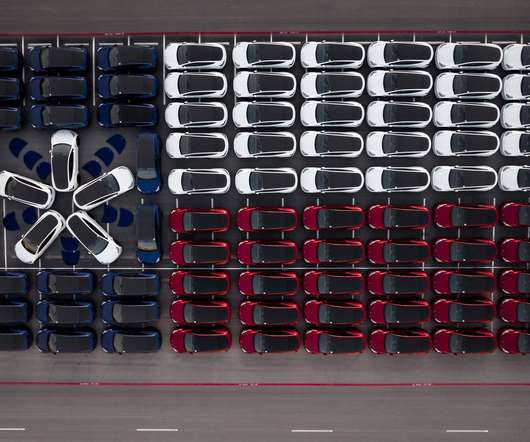UC Davis report proposes mileage fee for EVs, maintaining fuel tax for ICEs to support road repairs
Green Car Congress
JANUARY 4, 2019
Lastly, we examine alternative funding mechanisms include a fuel tax for hydrogen and electricity, as well as a road user charge (RUC). Additionally, the fee detracts from the market adoption of ZEV technologies by as much as a 20% decrease in new ZEV sales. —“Alternatives to California's Electric Vehicle Registration Fee”.



















Let's personalize your content